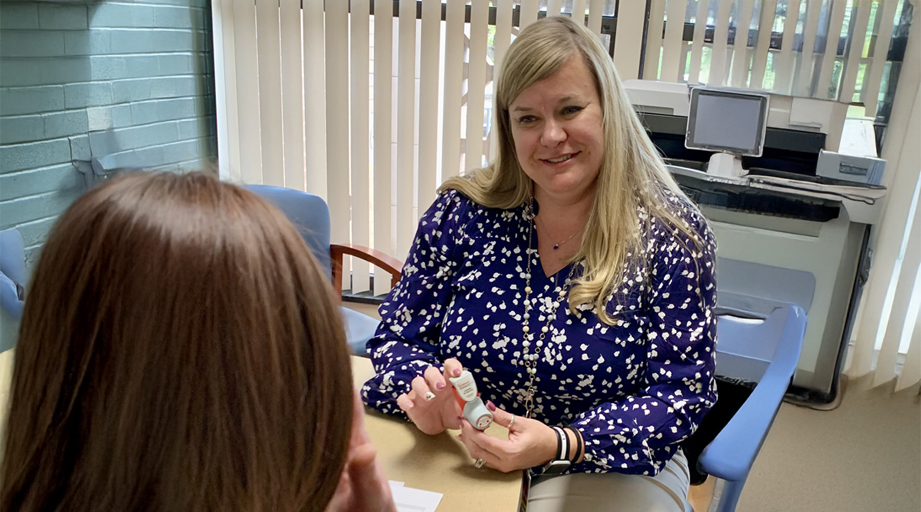
With more than 400 cases of measles recently confirmed in the state, New York underscores the need for clinicians to learn about an illness that was declared eliminated from the country nearly 20 years ago.
“It’s very upsetting ... to see something like this come back that should never be coming back,” said Dimitrios Savva, neonatal intensive care unit clinical pharmacy specialist at New York–Presbyterian Morgan Stanley Children’s Hospital in New York City.
He said several preschool- and elementary school-age children have been admitted to the hospital with measles since the start of the outbreak.
Savva said he hasn’t worked directly with those children, but he is sometimes asked to consult on medication-related issues.
Although there is no specific antiviral therapy for the treatment of measles, the Centers for Disease Control and Prevention (CDC) recommends vitamin A administration in children who are hospitalized with severe measles. The recommended dosage for children 12 months of age or older is 200,000 IU administered immediately on diagnosis and another 200,000 IU the next day.
Savva recalled one case involving a young girl who was admitted late on a Friday afternoon and couldn’t swallow the necessary number of large vitamin A capsules that were all the hospital had on its formulary to meet the dosage requirement.
“We had to think on our feet,” he said. “We actually ended up ... cutting the capsules open and drawing up the contents within the capsules to get the doses.” He said the process took the pharmacy staff more than two hours.
Savva recommended that all pharmacists check the availability and suitability of their vitamin A stocks and formulations, even if their hospital hasn’t had any measles cases.
Savva noted that longstanding hospital policy requires employees to be vaccinated against measles and other diseases. He said the hospital’s administrators are implementing policies to limit the risk of exposure to the highly transmissible viral illness.
CDC advises healthcare providers to ensure that their patients have received all recommended doses of measles, mumps, rubella (MMR) vaccine and to quickly report all suspected cases of measles to public health authorities.
Two vaccines that protect against measles are licensed in the United States. Proquad, a combination vaccine against measles, mumps, rubella, and varicella, and MMR II, which protects against measles, mumps, and rubella, are both live vaccines manufactured by Merck & Co. Inc.
The World Health Organization (WHO) recently reported provisional data indicating that measles cases worldwide quadrupled during the first quarter of this year compared with the same period last year.
Measles caused nearly 110,000 deaths worldwide in 2017, according to WHO. Complications of measles include neurologic damage, hearing loss, and blindness.
The New York City Department of Health and Mental Hygiene on April 29 reported 423 confirmed cases of measles in Brooklyn and Queens since last October, with most occurring in members of the Orthodox Jewish community. The initial case involved an unvaccinated child who acquired the virus during a visit to Israel. Since then, additional city residents have become infected during travel to Israel or locally in Brooklyn or Rockland County.
City health commissioner Oxiris Barbot on April 9 declared a public health emergency and announced that, absent a medical contraindication, all adults and children residing or working in certain areas who have not been vaccinated against measles do so or face fines.
The areas affected by the order are four ZIP codes that account for the majority of the city’s measles cases.
Nationwide, CDC received reports of 704 U.S. cases of measles this year through April 26—the highest number since 1994, when 667 cases were reported.
According to CDC, 71 percent of this year’s cases involved people who were not vaccinated against the measles virus, and 18 percent occurred in people whose vaccination status is unknown. A total of 66 cases involved people who required hospitalization.
CDC reported no deaths or instances of encephalitis associated with the outbreak, but the agency reported 24 cases of pneumonia as a complication of the viral infection.







